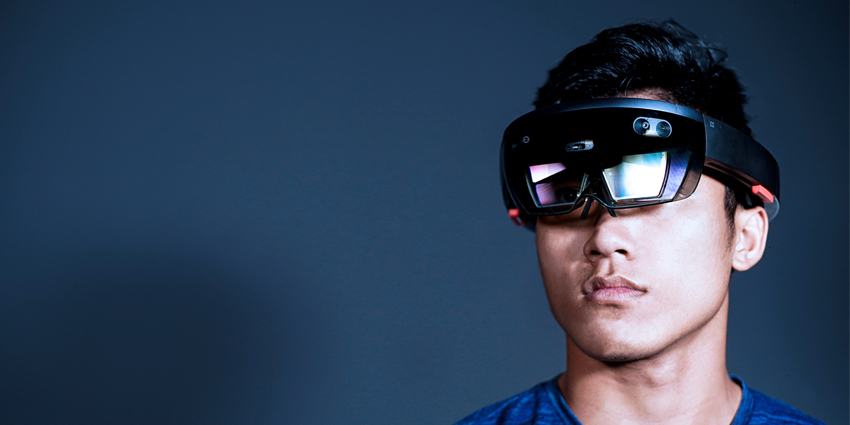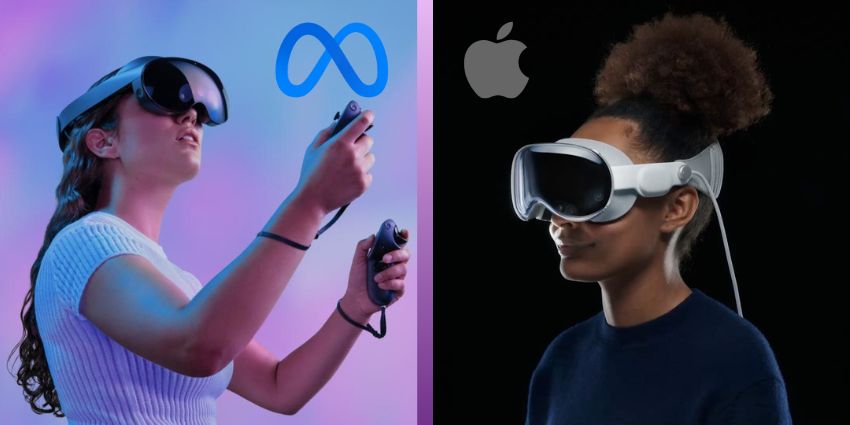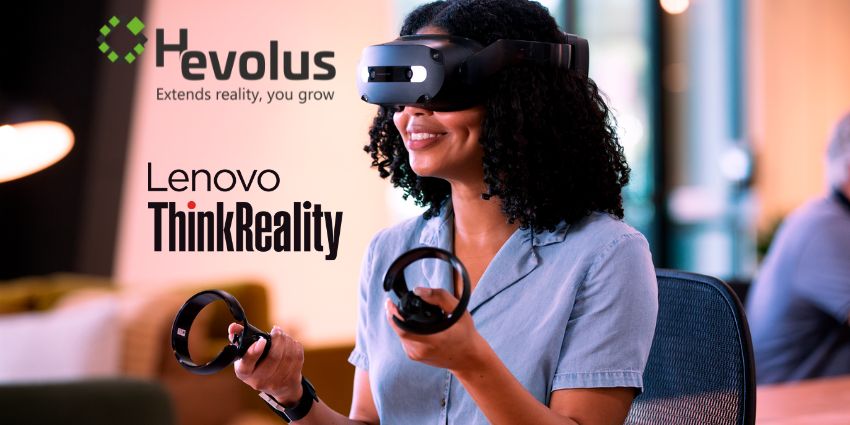Reports have emerged on Thursday suggesting Microsoft is cancelling its upcoming mixed reality (MR) headset, the HoloLens 3.
According to Business Insider, Microsoft plans to halt production of the HoloLens 3 despite the successful enterprise adoption of the popular MR headset in vertical markets such as security, industry, and healthcare.
The Redmond, Washington-based firm is suffering from a lack of direction as Microsoft executives have failed to agree on marketing the HoloLens as a consumer or enterprise-focused product.
Reports indicate that Microsoft’s CEO, Satya Nadella, wants to drop hardware ambitions to focus on developing Metaverse software for distribution on third-party augmented, virtual, and mixed reality (AR/VR/MR) devices.
The news comes after over 100 employees left Microsoft last month to join major industry rivals Meta and Apple, which included key figures within the HoloLens team like Josh Miller and Charlie Han.
The developments come amid reports of a HoloLens 3 hitting the market in 2024, with a realigned focus towards consumers.
Metaverse Software from Microsoft
The report hints that Microsoft will shift focus to Microsoft Mesh, a cross-platform remote collaboration Metaverse platform for enterprises and individuals.
Firms can use Microsoft Mesh on a vast array of VR headsets as it contains several useful features such as immersive presence, spatial maps, and holographic rendering.
Last year, Microsoft updated its platform to include new features such as eye-tracking, improved navigation, and enhanced Audio Feedback to improve its MR capabilities.
Also, the latest Mesh update brought two new experimental features — eye gaze interaction and sticky notes — to the popular application.
Who Uses the HoloLens?
Currently, firms across various vertical markets have adopted the MR hardware, namely the US Army, who hopes to deploy its HoloLens 2-based Integrated Visual Augmentation System (IVAS).
The $22 billion IVAS hardware deal faced setbacks in January, after Army officials stated the device was not “combat ready” months after halting deployment of the headset in October last year.
Additionally, the National University of Singapore’s Yong Loo Lin School of Medicine adopted HoloLens 2 to train medical and nursing students via its immersive Project Polaris platform.
Last month, Microsoft also opened HoloLens 2 sales in India to facilitate digital transformations for national hardware companies.
Rajiv Sodhi, Chief Operating Officer for Microsoft India, said at the time the hardware would help to address “specific local industry challenges,” although Microsoft has not commented on the status of its fledging Indian market to date.







